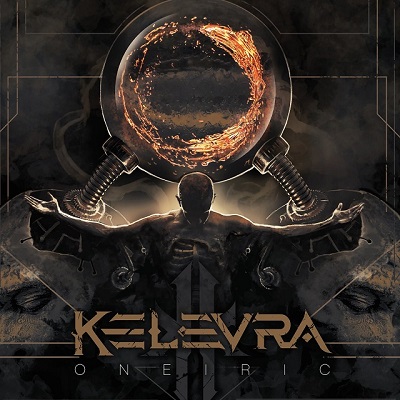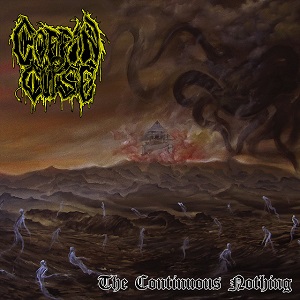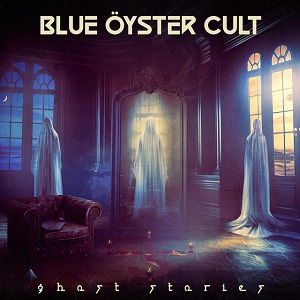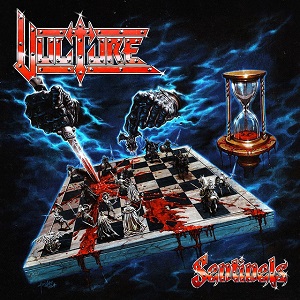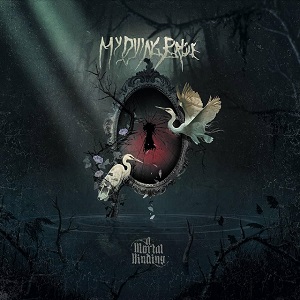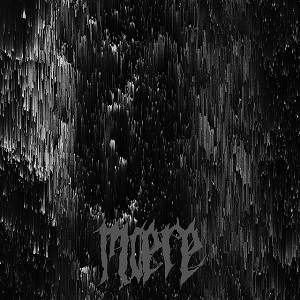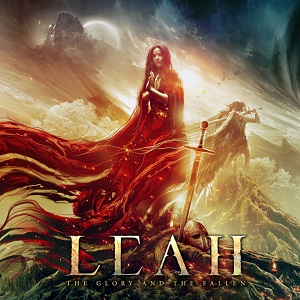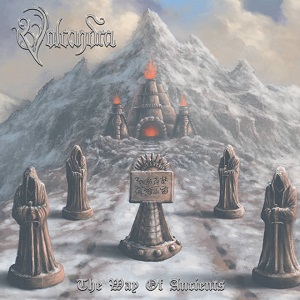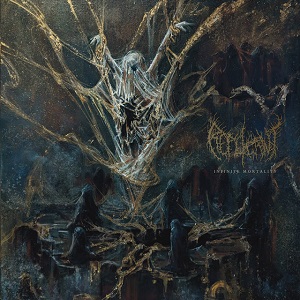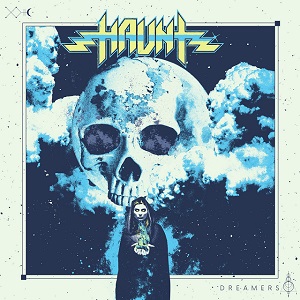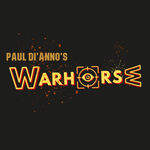SNAKECHARMER - Legendary WHITESNAKE Members Talk New Project
March 11, 2013, 11 years ago
MICKY MOODY, Neil Murray and BERNIE MARSDEN have been through the critical ringer with their WHITESNAKE-shadowing concerns SNAKES and COMPANY OF SNAKES, but all of that is about to be shed like a crinkly reptile skin with the release of Snakecharmer by SNAKECHARMER.
Shed as well is Bernie Marsden, who isn't around for the fetching, rich, blues-regal yet uptempo and stadium-rocked record. Instead, second guitarist to the legendary Micky Moody (JUICY LUCY, SNAFU, Whitesnake) is WISHBONE ASH's Laurie Wisefield, who is joined by Murray, HEARTLAND vocalist Chris Ousey and keyboardist Adam Wakeman for what is possibly going to be the finest classic rock album of the year, given that BLACK COUNTRY COMMUNION seems decommissioned.
"Well it wasn’t preconceived," begins Moody, asked about the instantly likeable Frontiers-issued record. "We didn’t sit down and say, right, me and Neil are from Whitesnake, and Laurie’s from Wishbone Ash, so it’s got to sound like a cross between Whitesnake and Wishbone Ash. We just went away and we came up with some musical ideas, which we gave to Chris, the singer, because none of us write lyrics, so obviously, you know, everything went to him. So we sent things to him, and he came up with the top lines, and that’s what you hear. We wrote 12 songs, including the bonus track, and that’s what’s on the album. But to be quite honest, myself and Neil were in the early Whitesnake, so part of that sound is genetically drilled inside of us somewhere--it's sitting there--so it’s always going to have that kind of sound at some point. We were aware of the early Whitesnake situation, but this band was never put together to be any sort of competition to Whitesnake whatsoever. So what you have really, is a bunch of songs which came together pretty quickly. We went in the studio, we didn’t hang about, we went in there and we did it, and the only problem was getting everybody together at the same time, because people do different things, what have you. Adam was away some of the time with Ozzy or Sabbath, so a lot of the times, he wasn’t actually there, except for putting backing tracks down. But in general, we had a feel for the kind of music we wanted to do, we just went in and did it.""I think anything with slide guitar on there’s definitely me," offers Moody, asked to articulate the guitar riches that have befallen this band. "And of course, I play straight guitar as well. Laurie is a virtuoso of electric guitar. I mean, he’s played with so many people, TINA TURNER, JOE COCKER, ROGER CHAPMAN, so he’s fantastic at doing the classic rock kind of stuff. I think that myself and Neil, we're more of the blues influence. And quite often, if you look at who’s written the songs--easiest way to do it, really, is whoever wrote it--Laurie wrote a song with Chris, for instance. It’s more than likely that he’ll be doing the solo, where some of the songs do have both of us on it as well. But my style will tend to lean more towards blues rock, and Laurie tends to be more the melodic side. He wasn’t quite as bluesy as the stuff I was involved in, so that kind of separated it a bit."

I asked Micky if there was a Whitesnake record Snakecharmer evokes in terms of vibe and spirit, Moody having been on the two Coverdale solo albums and then all of the first seven Whitesnake albums (depending on how you count and which you count!).
"Well, my favourite Whitesnake record was probably Ready An’ Willing--well it is Ready An’ Willing," says Micky. "That album just has something that I felt a bit more than the others. I think the follow-up, Come An’ Get It’, is probably a better production, a bit more commercial sounding, but Ready An’ Willing just has something in it. The core of most of my music is a lot of blues, and that Ready An’ Willing album just had that bluesy rocky soul about it, which I love. You know, it’s the album I wanted to do with Whitesnake. If we have to compare albums, I would say that one."I had to agree (especially--shameless plug--having penned a 99 cent eBook about the making of the record - see zunior.com!), adding that it seemed like the first Whitesnake album where the band got authoritative about their rock, eschewing much of the waywardness of the previous material...
"Well, see, David did two solo albums, prior to Whitesnake," begins Micky, by way of cogent explanation, "which I was involved in. I go back a long way with David. We come from the same town; I come from the same town as David and PAUL RODGERS, the North, Middlesbrough, in the northeast of England. And I knew David in the late ‘60s, and then when I went off to London, moved down south, as you do, as you did. But he was in local bands, and about 1974, I heard that he’d joined DEEP PURPLE--he passed an audition and I was very pleased for him. He was working in a boutique and singing like semi-professionally, so I was very pleased about that, and before he went to live in the states, just after that, with Deep Purple, he called up his old mates from the Northeast, of the late ‘60s, including musicians and some guys who had moved to London to become roadies or truck drivers or whatever, and we had a party to send him off to the states."
"So Bernie came in the band," says Micky, speaking of Bernie Marsden, his mate in Whitesnake for all of those years. "I’d known Bernie for a number of years anyway, and he used to play with PAICE ASHTON LORD, so he was part of that Deep Purple family tree. So we went into that first album, Trouble, not really knowing what we were going to play (laughs). We could only rely on the guys in the band and what we were listening to, and Neil listened to a lot of jazz/funk, I think probably more than the rest of us, and he played more of that stuff. Coverdale was into that stuff as well, and I listened to some of it, and I didn’t really… we just went with what we had. Obviously David had a lot of ideas for songs, and we worked around that, and that’s why the first two albums are a little bit diverse. There’s all kinds of stuff on there. And that’s really just the kind of stuff we were listening to. So it was probably Ready An’ Willing, where we actually found our sound."
And most definitely that spirit and sound is here with Snakecharmer. But with Wisefield as foil instead of Marsden, there's a fresh level of creativity to be explored.
"Two guitars have always appealed to me," agrees Moody. "I just like the two guitars. Providing that the guys were on the same wavelength, you know. With Bernie Marsden, I worked with him for a long time, not just in Whitesnake, but other bands, Snakes, Company Of Snakes, M3, and it’s early days for me and Laurie. I knew Laurie before, but we haven’t worked together. Actually, we haven’t done any gigs, so there’s a lot more to come from myself and Laurie. With this album we just went in and took a very professional approach. We didn’t stretch out. We haven’t had a chance to stretch out, really. But also with myself and Neil being in the band, people do expect to hear something that sounds something like some of the early Whitesnake stuff. There’s no way we’re going to go try something else. We wouldn’t anyway, and we kept that in mind. Part of our roots were in the early band, and we were there. We helped create the sound, so that sound is in us, and that’s going to come up anyway--and it’s the sound of two guitars."
